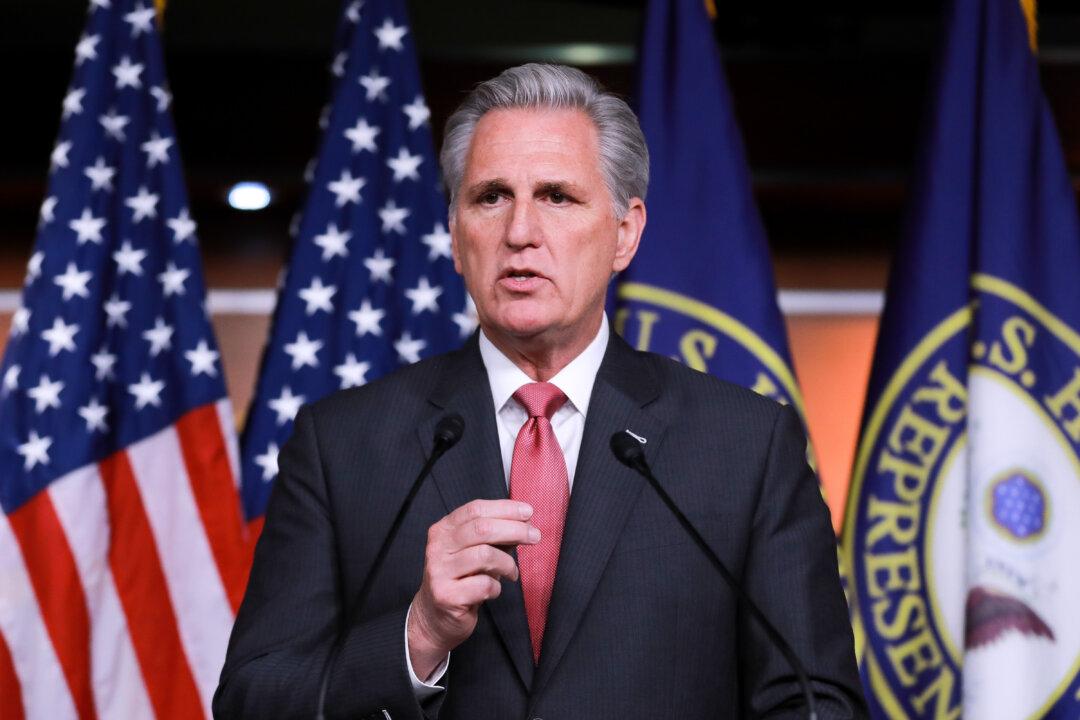Republican leaders are demanding that top Democrats stop promoting what they called “conspiracy theories” about the ability of the U.S. Postal Service (USPS) to deliver election mail for the 2020 election, which they say has caused leaders of USPS to be harassed at their homes.
House Committee on Oversight and Reform Ranking Member James Comer (R-Ky.), along with Minority Leader Kevin McCarthy (R-Calif.) and Whip Steve Scalise (R-La.) sent a letter to Speaker Nancy Pelosi (D-Calif.) and Chairwoman of the Oversight and Reform Committee Carolyn Maloney (D-N.Y.) on Wednesday urging them to “immediately stop promoting irresponsible and baseless conspiracy theories” about the USPS.





